Unplugged but Not Unbound: My Struggle with Digital Detox on Vacation
Lessons from traveling in Europe.
Hope you enjoy this post. There is a mini-gallery of my EU Trip pictures at the end :)
Introduction
It's a scenario many of us have fantasized about: escaping from the mundane monotony of everyday life, taking a well-earned break, and embarking on a vacation, leaving all worries and responsibilities behind. I recently took such a journey myself, intending not just to break free from my routine, but also to disconnect from the relentless barrage of digital notifications that dominate my existence. My plan was audacious, even idealistic, aiming to liberate myself from the ceaseless hum of the Internet and focus purely on the visceral experiences of the present moment.
Despite the beauty of my surroundings, I soon discovered just how deeply embedded the World Wide Web has become in my life. As my journey led me through the breathtaking landscapes of the Austrian Alps, a text message chimed on my phone. It was a simple prompt, an innocuous request to check my email. But in the tranquillity of my vacation, it felt as intrusive as a blaring siren. It was a stark reminder of the digital realm I had hoped to escape, even if just temporarily.
Despite my resolve to stay in vacation mode, this singular text message served as an unanticipated license to check the web. What followed was a 2-hour digital detour that consumed my entire train ride to Germany. As I scrolled and skimmed through the virtual avalanche of emails, I couldn't help but feel a deep sense of frustration. My intention was to only check my emails once during my 14-day stay in Europe, but the black hole of the Internet found a way to infiltrate my resolve. It was a jarring realization of just how pervasive and persistent the digital world can be, even when you're miles away, nestled amidst the serene beauty of the Austrian Alps.
Section 1: Unplugging Anxiety
Our modern age of technology has made us sneakily dependent under the guise of "convenience" and "usefulness". As we travel to unfamiliar territories, we often turn to our smartphones as life rafts. My wife and I went to 4 different countries during our stay in Europe. We did not understand multiple traffic signs, got lost a few times, and sat on the wrong seats twice on an Italian train going to Genova.
As convenience seekers, we use smart devices as interpreters when we don't know the local language, as maps when we don't know how to navigate the streets, or even as encyclopedias when we need information about local customs and culture. What once required human interaction, a sense of exploration, or simply accepting that we may struggle a little, now lies comfortably in the palm of our hands. But this convenience comes with a trade-off: it prevents us from engaging with the world in a more authentic, personal way.
When we use our smartphones as shields to avoid uncomfortable situations, we inadvertently create barriers between ourselves and the world around us. We use our devices as buffers, keeping us in our comfort zones and maintaining a sense of control in unfamiliar situations. But in doing so, we isolate ourselves from real, human experiences. We deprive ourselves of the opportunity to learn from our struggles, to experience the joy of navigating through a foreign city, or the unique pleasure of a conversation with a stranger, even if we stumble over words (or signs) in a language we barely understand.
The irony is that while technology promises to connect us, it often isolates us from the very experiences that enrich our lives. We trade the nuance and unpredictability of human interaction for the sterility and safety of robotic information. In the process, we risk losing out on genuine connections and the thrill of the unknown. This dependency on our digital devices can thus lead to a kind of 'unplugging anxiety', where the prospect of disconnecting feels daunting, even frightening. But, as we shall see, stepping out of our digital comfort zone can lead to rewards far beyond the confines of the screen.
Section 2: Navigating the Disconnected Days
Embarking on a journey without the digital safety net of a smartphone can seem intimidating, but it's an experience that can broaden our horizons in ways we never imagined. Start with pocket guides - a trove of information packed into a convenient, tangible form. They offer the basics - phrases for food, transportation, restrooms, and other essentials. But more than this practical knowledge, learning the language, however basic, can foster a deeper appreciation of the culture. It shows respect for the locals - that you see them not as touristic amenities, but as fellow human beings whose language and culture you value. This approach can transform a simple touristic visit into a meaningful cultural exchange.
Consider, for example, a recent experience I had in Rosenheim. In pursuit of tickets for an archaeological volcanic exhibition, I ended up in a conversation with the lady at the concessions. My German was rudimentary at best, but the effort paid off. She was gracious enough to share her local insights and suggested attending an open-air One Republic concert happening that evening. If I had been reliant on my smartphone and its QR code entrance ticket, I might have missed out on that exchange and, consequently, the concert. The face-to-face human interaction and the unexpected joy of the concert were invaluable experiences that technology could not have provided.
More significantly, the absence of technology pushes us to navigate difficult circumstances, which in turn nurtures a different kind of appreciation for people. In a world ruled by social media, we are often presented with a filtered, algorithmic representation of people and places. These idealized versions can distort our perceptions and expectations. In Berlin, I would have been steered to fancy restaurants or names that I recognized from their American franchises instead of visiting the small vegan ramen restaurant (Imori Ramen for those wanting a good meal) on the left side of an alleyway. Our smart devices narrow our exploration desires as they convey information that we are comfortable with instead of the city as it presents itself to us.
Finally, navigating through a new country without being mediated by online images allows us to see people for who they are - not as they seem to appear on social media. It teaches us to value the authenticity of direct, personal experience over digital portrayals. This, in turn, can lead to a more nuanced understanding of the travel experience, enriching our journey beyond the superficial.
Plans for an Offline Future
In the quest for digital minimalism, I thought I'd reached my destination. Four years with a Light Phone 2 had seemingly divorced me from the relentless cycle of digital indulgence. However, this recent vacation laid bare the lingering shackles of workism and internet dependency that still bound me. Europeans, with their 30-day vacations, might be aghast at the incessant pull of the digital realm during their time off. Yet, as an American who is lucky to get 10 days, the tug of online work is a familiar, albeit unwelcome, companion.
In light of this realization, I'm reshaping my relationship with technology. I aim to whittle down my online hours and thrust myself into more face-to-face encounters. The urge to bring my computer 'just in case' on my vacations will be curtailed, as I acknowledge the need for a true break, one that is unsullied by the digital domain. In my view, vacations should be a sanctuary, a respite from the digital world, to truly immerse in the experiences around us.
Yet, this is not merely a personal endeavor. It is a collective challenge that confronts us in this digital age. We need to redefine our habits, carving out spaces in our lives away from the glare of screens. Let's not merely exist in digital spaces, let's live in physical ones. Let's savour moments as they come, unfiltered, undiluted, unmediated by pixels. For, as we step away from our screens, we take the first step towards truly immersing ourselves in the world around us, fostering connections, experiences, and memories that outshine any digital diversion.
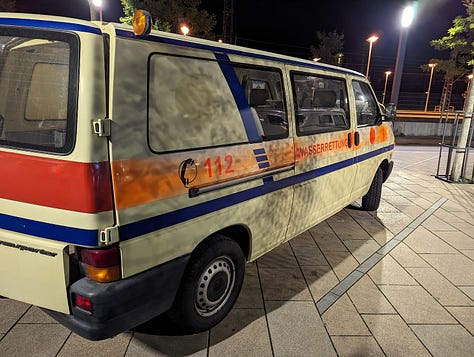
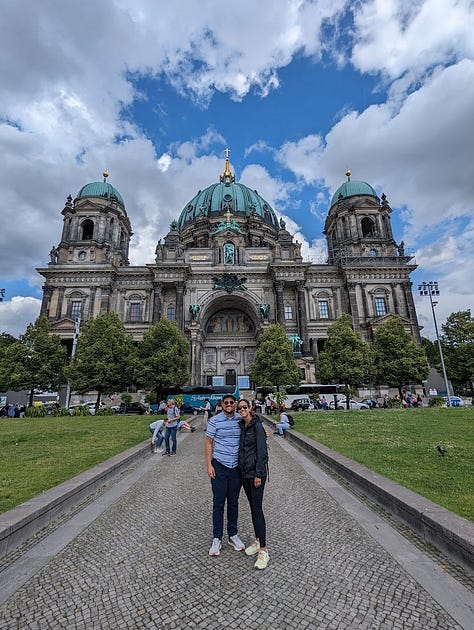
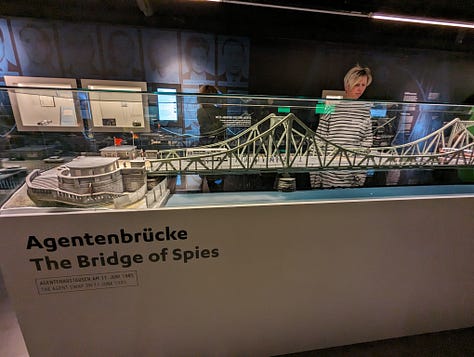

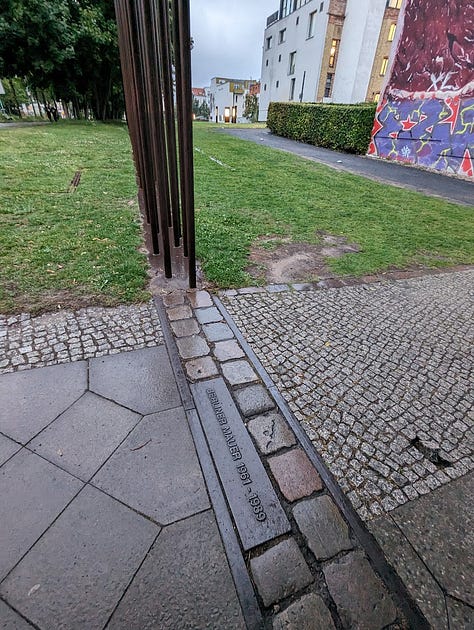
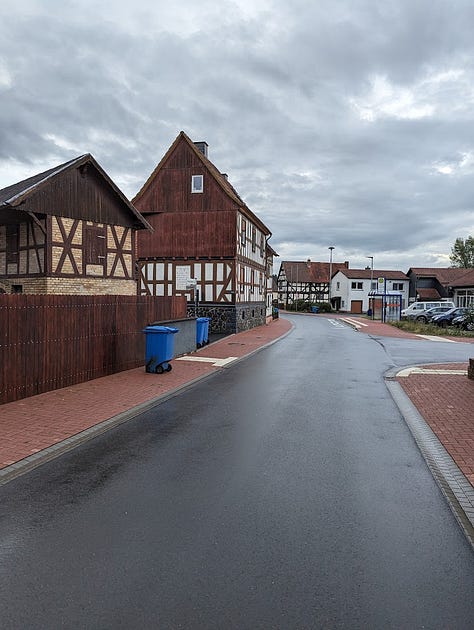









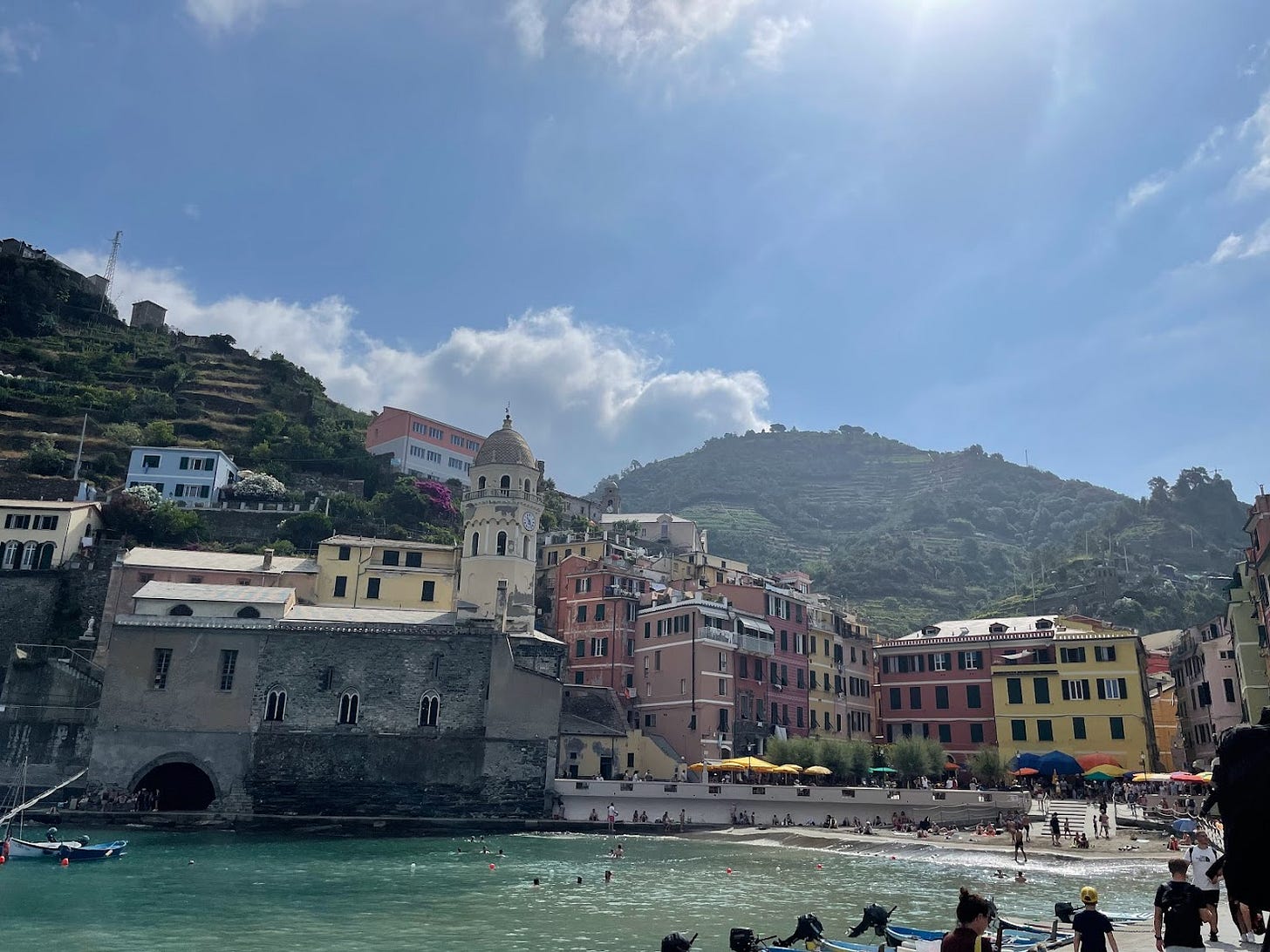
Hi Jose, I am a fan of your writing and have been following for some time. Your writing and reviews of dumb phones have been a significant influence over my choice to use the Light Phone II.
Have you considered publishing your stories in an offline medium, such as a zine or something similar? I think readers would enjoy receiving your writing in a tangible format and it seems like it would be tangential to the content of your work. Let me know what you think, if you see this :)
- Jon O
Off-the-grid memoires ;)